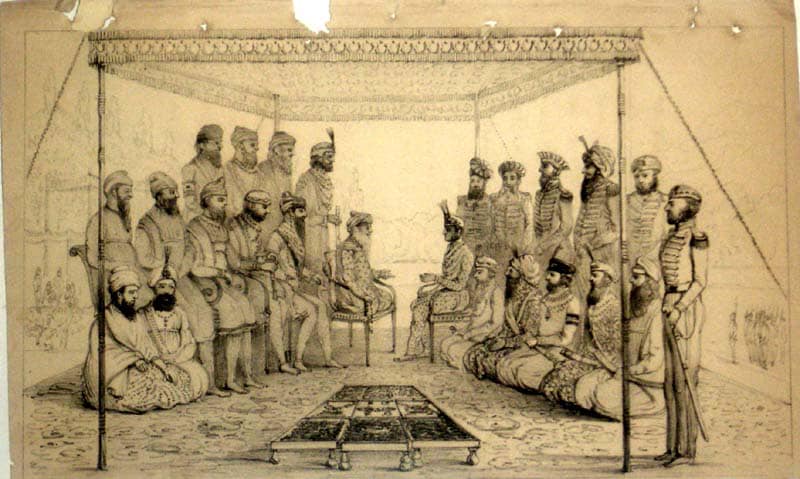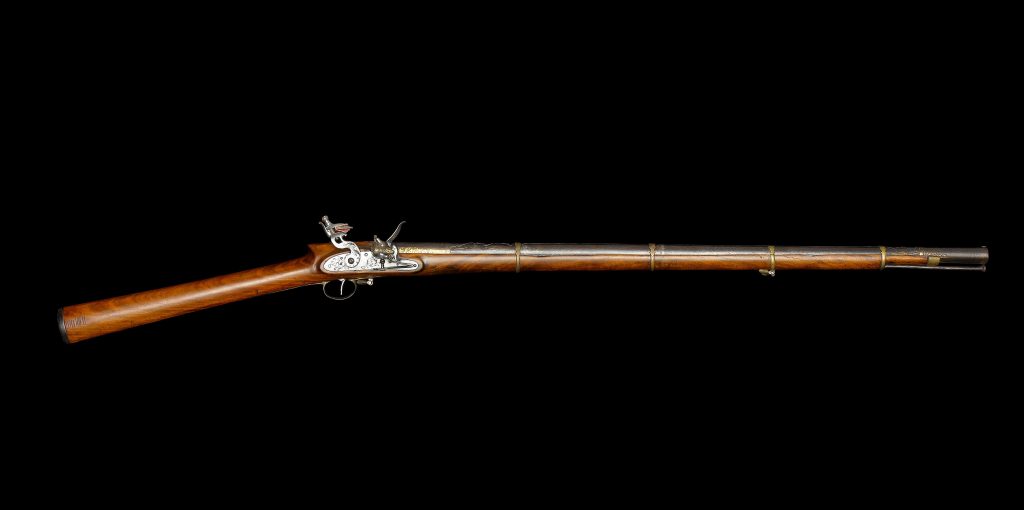Explore the adventurous and tumultuous life of Benoit Argoud, a quarrelsome Frenchman who joined Maharaja Ranjit Singh's infantry in 1836.
Explore the poetic saga of Hari Singh Nalva's last campaign against Afghans. A literary masterpiece shedding light on Punjabi courage and customs.
Explore the life of Sultan Muhammad Khan, Peshawar's governor in 1830. Discover his alliances, defection, and influence in the Sikh Wars.
Explore Azim Khan's legacy as Kashmir's governor, his battles with Maharaja Ranjit Singh, and his pivotal role in Afghan history. Discover more!
Discover Joga Singh's unwavering devotion to Guru Gobind Singh, his journey of humility, and the lesson of pride and redemption in Sikh history.
Explore Qadar Yar's poetic tribute to Hari Singh Nalva, a valorous Sikh general, capturing the epic battles and history of Peshawar in Punjabi literature.
BACHITTAR SINGH MALVAI (d. 1840), eldest son of Dhanna Singh Malvai, joined the army of Ranjit Singh about 1827, and served first at Bahawalpur. When Peshawar was occupied by the Sikhs in 1834, Bachittar Singh was sent to Shabqadar, where a new cantonment had been laid out and a fort built by Chatar Singh Atarivala. He was still there when, in April 1837, the Afghan army attacked the post and the fort of Jamrud. In January 1839, Bachittar Singh accompanied the Sikh forces escorting Shahzada Taimur, son of Shah Shuja, to Peshawar. He died in 1840.
Discover the heroic tale of Kahn Singh Majithia, a Sikh general renowned for his role in the Anglo-Sikh wars and his legendary feats, including lion hunting with a sword.
Explore the inspiring life of Ujagar Singh, a martyr of Nankana Sahib, known for his devotion and courage in the face of adversity. Learn more about his journey.
BADRI NATH (d. 1871), son of Pandit Gobind Ram who migrated from Kashmir to the Punjab at the beginning of the nineteenth century, entered Maharaja Ranjit Singh\'s army as a soldier in 1821, rising to the rank of colonel in 1835. He saw plenty of fighting during his service career and took part in the campaign\'s of Swat, Peshawar, Hazara and Bannu. For long he served on the frontier and was for six years in charge of the forts of Dera Ismail Khan and Tonk.




